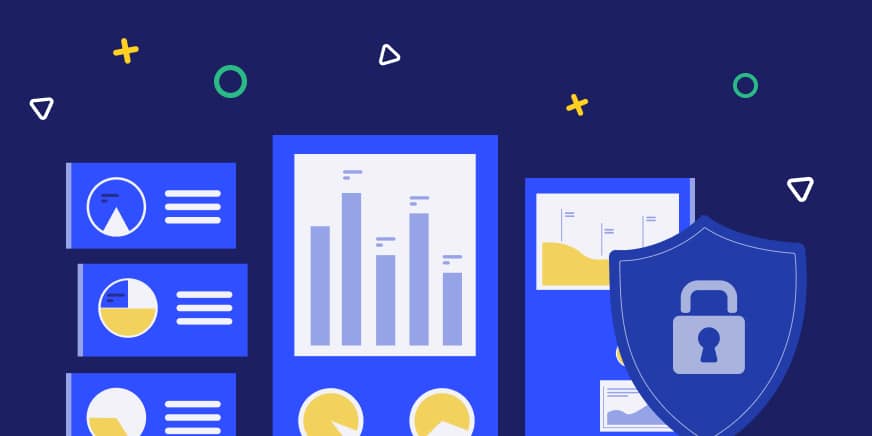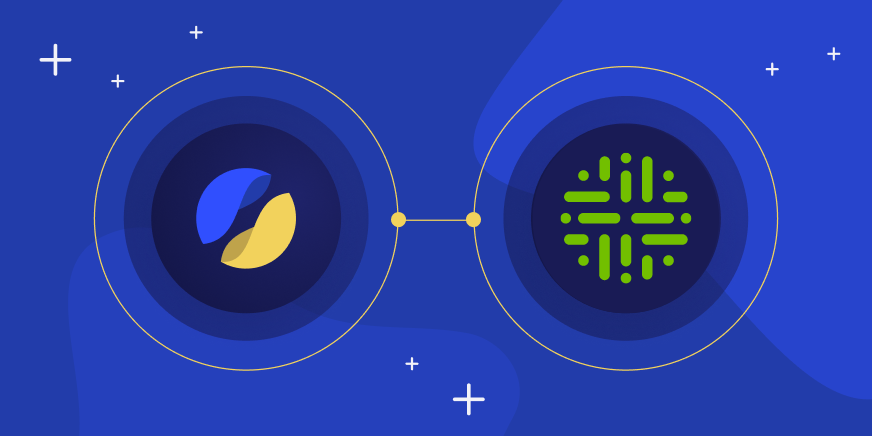For data analysts, more data is always better. However, with large public cloud warehouses such as Snowflake and Redshift and data that crosses departmental and geographic boundaries; access to both sensitive and non-sensitive data is a necessary consideration. Analysts now struggle with first how to find and access the necessary data and then use it to provide meaningful insights. Having a DataSecOps mindset can provide secure and easy access to the data that analysts need to perform their analysis.
Who Are Data Analysts?
A data analyst is someone who gathers, cleans, and studies data to help solve problems or answer questions that provide value to the business. These questions may be theoretical or they could relate to real-time problems. They analyze and model information about sales, markets, costs, and other important metrics to provide decision-making information for the business. For example, the sales team needs to know the best choices for the upcoming season, they ask data analysts to review the previous five years’ global sales to determine the optimal products. However, for a data analyst to use their skills to accelerate value from data; they must have access to data.
In order for data analysts to be successful and provide relevant real-time information, they need access to data. With the introduction of cloud based data warehouses, this data may be scattered across multiple geographic locations and teams. Further complicating access to the data is the necessity of increased security. There is a greater emphasis on security as data is stored in more locations and ownership and responsibility are shared across different groups, particularly when dealing with a lot of sensitive data.
Why Data Analysts Lack Access to Data
There are a number of issues that data analysts face in the absence of a DataSecOps. Some of these issues relate to data access, time delays, and sensitive data.
Knowing Where Datasets Are Located
Data analysts need up-to-date, easy access to the organization’s data. Analysts can have problems accessing this data if it is difficult to locate, in various formats, or if they are unaware that it exists. In most cases, the data will need to be cleaned, formatted, and standardized before an analyst can make use of it to provide insights.
Delays in Time-To-Value
Some teams can be territorial with their data. Typically the IT department has access to and control of the data. For the analyst gaining access to this data can involve a significant amount of bureaucracy and therefore lengthen the time between the request for data and receiving data in a format that the analyst can use. In this case, the additional time can slow down the project or reduce the impact of the current analysis. Having DataSecOps can eliminate this time delay and speed up the data analysis process.
Security
There are a number of small teams handling large amounts of data; each with different roles and access privileges. Having ad-hoc data security which often falls to the data engineering team to grant access. Not only slows down the data analyst and limits their access to data, but also pulls the engineering team from their core duties, increasing the risk of data exposure, and the probability of a data breach.
What is DataSecOps
DataSecOps helps data driven organizations streamline data access by automating access controls, security, and compliance across their data infrastructure.
When an organization collects data from a wide variety of sources in different formats and employs a full data team (analysts, scientists, or BI teams) who need to access this data. The greater the number of individuals with access to the data the greater the danger of data security and therefore the increased importance of data integrity. The organization should develop DataSecOps to ensure that all members of the team have easy access to this data and any sensitive data is secured.
Read more about DataSecOps in the post: What Is DataSecOps.
DataSecOps and Data Analysts
There are a number of benefits from implementing DataSecOps, specifically for data analysts.
If a firm has a DataSecOps plan in place it will simplify the procedures and the ability for data analysts to gain access to data in a simple, fast, and secure way. Data analysts who have secure and quick access to data can generate analysis that is relevant and complete. We explore the cross section between DataSecOps and data analysts below
Data Democratization
This process removes any intermediaries and increases data transparency and availability. Having easy, simple access to data helps analysts access data quickly and easily. DataSecOps is the growth engine of Data democratization.
Self-Service
The self-service aspect of DataSecOps allows non-technical users to gain access to the data without the approval of an IT team, further increasing the time and reducing the burden on the IT team. Data management strategy to design policies and protocols to maintain the integrity and access to the data.
Access Controls
Easy access to critical information is critical to spreading information across all teams to obtain a competitive advantage. Implement access controls to ensure both access and security. This can be either through ABAC or RBAC depending on the size and needs of the analyst. These can be used to establish a hierarchical access control system depending on the firm’s specific DataSecOps.
Data Silos
Storing data in data lakes and data warehouses is a very useful tool for storing large amounts of available data. However, when this data is spread across many silos it is difficult to determine where the data is being held, in what format, and who has access to the data. Implementing a DataSecOps mindset can help prevent the development of data silos.
Fine-Grained Access
IT departments maintain the data and assure the data quality. Access controls are only provided to those with verified access. This prevents the free flow of information and reduces agility by constructing a wall between the individuals who handle the data and the analysts. Fine-grained access control is a way to limit access to specific information, versus generic access control (coarse-grained access control). Each data item can have its own set of access policies. The criteria for access can be based on various functions such as the individual’s job and the data’s intended use.
Data Classification
DataSecOps requires data to be classified in an ongoing basis to protect sensitive data. data classification to make the data comprehensible, so you can get as much information from the data as possible. There are all kinds and formats of data that can challenge the data analyst. Bringing these into a single and comprehensive format across the organization streamlines the ability to understand how the data is structured so it can be optimized and used.
Security
Agile data governance is important since there are a number of small teams handling large amounts of often sensitive data. DataSecOps provides an agile, holistic, security-embedded approach to coordinating data quickly so that analysts can make use of it to provide up-to-date analysis. In this framework, security is continuous rather than ad-hoc and focused on sensitive data to keep data private and safe.
How Satori Helps Data Analysts
Satori can help data analysts fall in love with DataSecOps by providing:
- A data portal, allows them to instantly get access to the datasets they require.
- Satori’s continuous sensitive data discovery capability allows the data teams and data consumers to quickly and easily identify sensitive data. That way, data analysts can get access to data faster.
- With Satori you can apply access and security policies across the different data platforms you’re using, without being limited by their specific capabilities.
- Using Satori, you can set access and security policies in a simple way that does not require writing any database code. This allows the security and data teams to work faster, where no line of SQL needs to be written. Thus, the data can be quickly and easily used by data analysts.
- Satori’s fine-grained access controls can enable the data teams to easily use dynamic masking or row-level security to reduce the security risks associated with sharing data and enable data analysts to use data faster.
To learn more, book a meeting with one of our experts.




